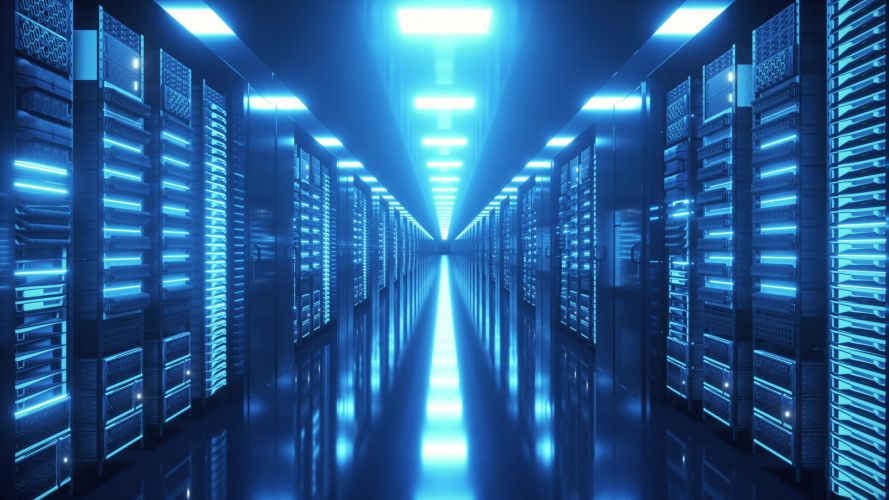
Choosing a Database for Your Application
Choosing a database is one of the most important decisions you can make when working on a new service or application.
There are numerous database management systems on the market, and choosing one of them can be a daunting task for developers. You have many options for SQL, NoSQL, NewSQL, Online Transactional Processing (OLTP), Online Analytical Processing (OLAP), and Hybrid Transaction/Analytical Processing (HTAP) databases. Although, none of them is suitable for all types of project requirements. Moreover, each has its strengths and weaknesses.
In this article, we’ll talk only about SQL and NoSQL. These are the most common choices developers make. Learn the essential criteria for selecting a database and decide which database to choose.
Choosing the right database
Now, let’s go through some crucial points that will help you answer the above questions and select the best database for your application.
SQL Database
In relational databases, data is stored in various tables that contain many records (rows). One or more relationships link these tables. SQL (Structured query language) is the standard language for relational databases.
Structure
SQL database schema organizes data in a relational, tabular way, using tables with columns. Since SQL works with such a predefined schema, you need to organize and structure your data before starting to work with an SQL database.
Properties
An RDBMS using SQL must exhibit four properties known by the acronym ACID. These ensure successful transaction processing and a high level of reliability of the SQL database:
Atomicity: All transactions must complete or terminate entirely and cannot be partially completed, even in the event of a system failure.
Isolation: Parallel transactions cannot affect each other.
Consistency: The database must follow rules that check and prevent corruption at every step.
Support
Since SQL databases have a long history, they have huge communities and many examples of their stable codebases on the Internet. Many experts are willing to support SQL and relational data programming.
When is SQL the Best Solution?
When it comes to dealing with linked data SQL is a good choice. Relational databases are robust, easily accessible, and flexible. SQL and relational databases make it easier to handle large amounts of information, scale as needed, and provide flexible access to data – for example, requiring only a single update instead of changing multiple files. This choice of database is also best for assessing data integrity. Because each piece of information is stored in one place, there is no problem that previous versions distort the picture.
NoSQL Databases
NoSQL is a non-relational DBMS that requires no fixed schema, avoids joins, and scales easily. A NoSQL database is used for distributed data warehouses with huge data storage needs.
Scalability
NoSQL databases scale better horizontally, which means you can add more servers or nodes as needed to increase the load.
Properties
While SQL requires following ACID properties, NoSQL follows the CAP theorem (although some NoSQL databases – such as DB2 from IBM, MongoDB, DynamoDB from AWS, and CouchDB from Apache – can also integrate and follow ACID rules).
The CAP theorem states that distributed data systems allow a tradeoff that can guarantee only two of the following three properties at any given time.
Consistency: Each query gets either the most recent result or an error. MongoDB is an example of a highly consistent system, while others, such as Cassandra, offer possible consistency.
Accessibility: Every query has an error-free result.
Resilience to splits: Any delays or losses between nodes do not interrupt the system.Although NoSQL has spread rapidly, it has smaller user communities and, therefore, less support. However, NoSQL users benefit from open-source systems, unlike numerous proprietary SQL languages.
When Is NoSQL the Best Solution?
While SQL is valuable for data reliability, NoSQL is good when the fast availability of big data is more critical. Also, when a company needs to scale with changing requirements, using NoSQL can be a good solution. NoSQL is easy to use, flexible and provides high performance.
NoSQL is also a good choice when there are large (or ever-changing) data sets or when dealing with agile data models or needs that don’t fit into a relational model. For quick access to a repository of keys and values without strict integrity guarantees, Redis can be a better choice. Elastic Search is a good choice when you need complex or flexible searches on large amounts of data.
Scalability is a significant advantage of NoSQL databases. Unlike SQL, their built-in interleaving and high availability requirements allow horizontal scalability.
Conclusion
Choosing a database is a significant decision when starting a new application. Initially, we identified the essential questions to ask before selecting a database. Contact us today to get expert advice from our database engineers.



